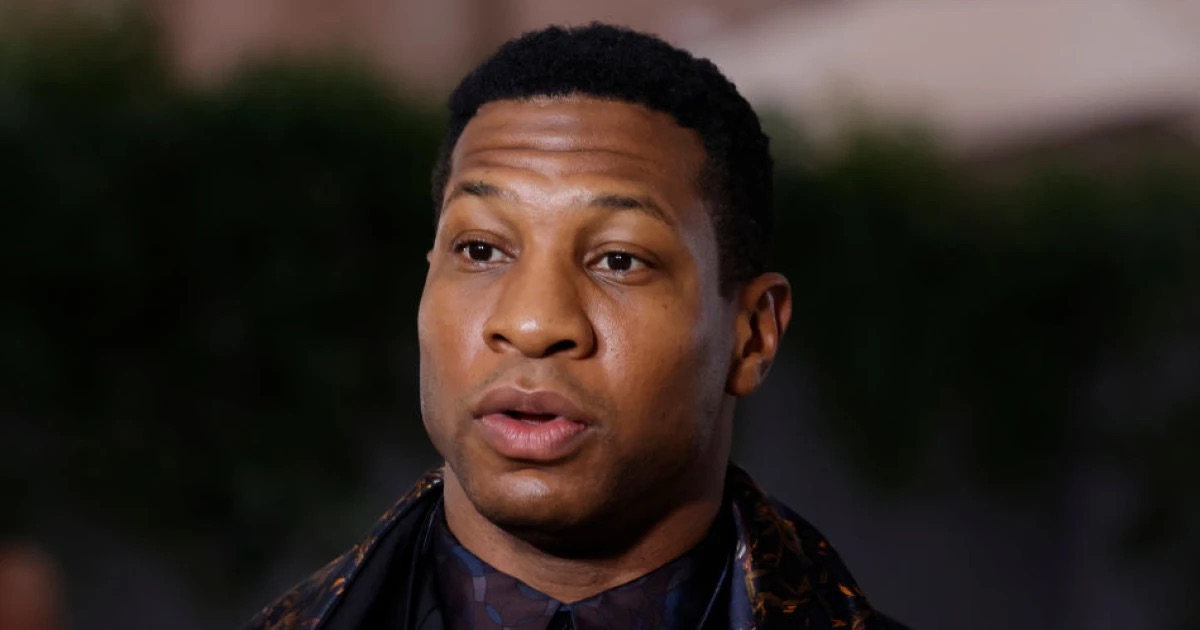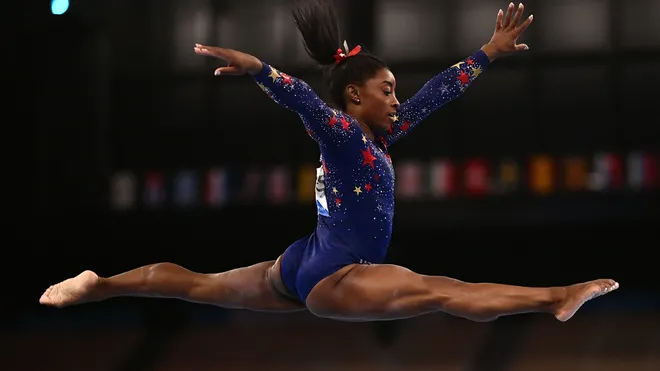Jonathan Majors has spent the past two years fighting to salvage his once-promising Hollywood career, insisting all along that he has never struck a woman. But now, as he attempts a comeback, a newly surfaced audio recording is making that defense harder to believe.
Rolling Stone released a recording of a conversation between Majors and Grace Jabbari—the woman he was convicted of assaulting. In the clip, Majors can be heard acknowledging Jabbari’s account of him strangling her and pushing her against a car. “I aggressed you,” he admits. This directly contradicts his past claims and threatens to derail his redemption tour just as his new film, Magazine Dreams, hits theaters.
When asked about the recording in an interview with The Associated Press on Wednesday, Majors refused to comment.
“I can’t answer that,” he said. “I can’t speak to that.”
Majors, once on track for Marvel stardom and potential Oscar glory, is now trying to turn things around just months after completing court-ordered domestic violence counseling. He was sentenced to probation and settled a lawsuit with Jabbari in November. But his attempt to return to the spotlight is raising eyebrows, especially since he continues to avoid addressing the allegations head-on.
Beyond Jabbari’s case, two of Majors’ former partners, Emma Duncan and Maura Hooper, have come forward with disturbing accounts of alleged physical and emotional abuse. In pretrial statements, they described incidents eerily similar to Jabbari’s claims.
Majors, however, insists he’s changed.
“I said to my wife the other day, ‘I don’t recognize myself. I don’t recognize that guy,’” he told the AP. “There’s no doubt I was in turmoil. That guy didn’t have the tools to deal with things. I don’t know if I would have hung out with him.”
While Majors spoke at length about personal growth during his interview, he avoided discussing the specifics of his conviction or the additional abuse allegations.
Hooper, who dated Majors from 2013 to 2015 while they were at Yale Drama School, described their relationship as controlling and emotionally traumatic. She recalled one especially painful moment when Majors allegedly called her to shame her for having an abortion—one he had previously encouraged—and told her to kill herself.
“The level of anger that I experienced from this man—I don’t know that you exorcise that from your life or behavior in just 52 weeks,” Hooper told the AP. “People go to therapy for years. I went to therapy for years after Jonathan Majors just to get my mind back.”
Duncan, who was engaged to Majors from 2015 to 2019, detailed at least eight separate incidents of physical or threatening behavior. In one instance, she said, Majors threatened to strangle and kill her during an argument while driving. In another, after she confronted him over texts from another woman, she claims he pushed her onto a couch and began choking her, saying he was going to kill her.
Though their testimonies weren’t allowed as evidence in Majors’ trial, their accounts remain part of the public record. Attorneys for Majors have denied some of their claims, calling the relationships “toxic” rather than abusive.
Hooper, however, doesn’t believe Majors deserves an easy road back to Hollywood.
“There is a documented history of 10 years of abuse,” she said. “He calls women ‘sluts,’ he calls us ‘fat whores,’ he tells us to kill ourselves. And when I hear people say, ‘Come on, how come he can’t come back?’—I don’t think they understand we’re talking about a pattern.”
As Majors attempts to re-enter the industry, one thing is clear: not everyone is ready to welcome him back.




